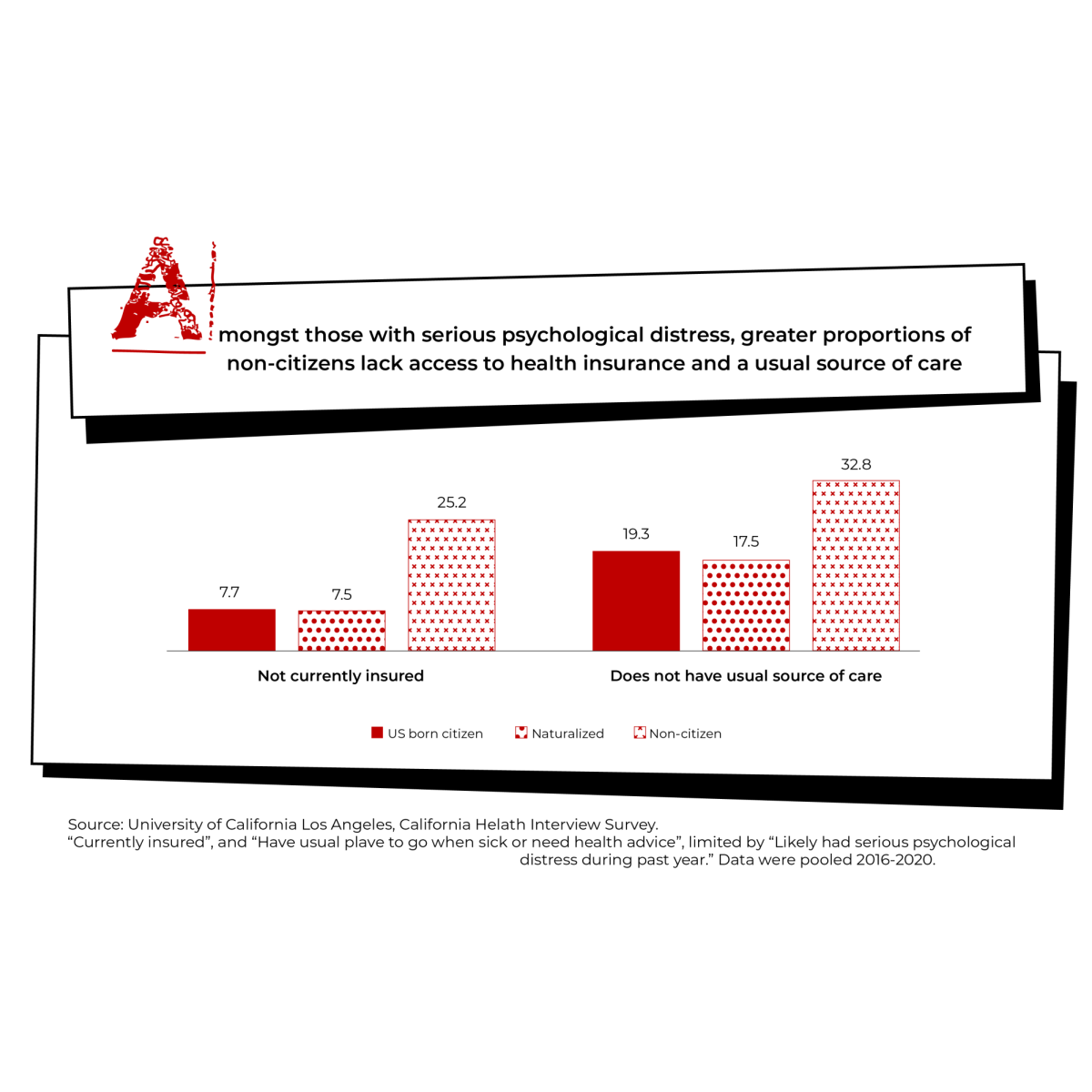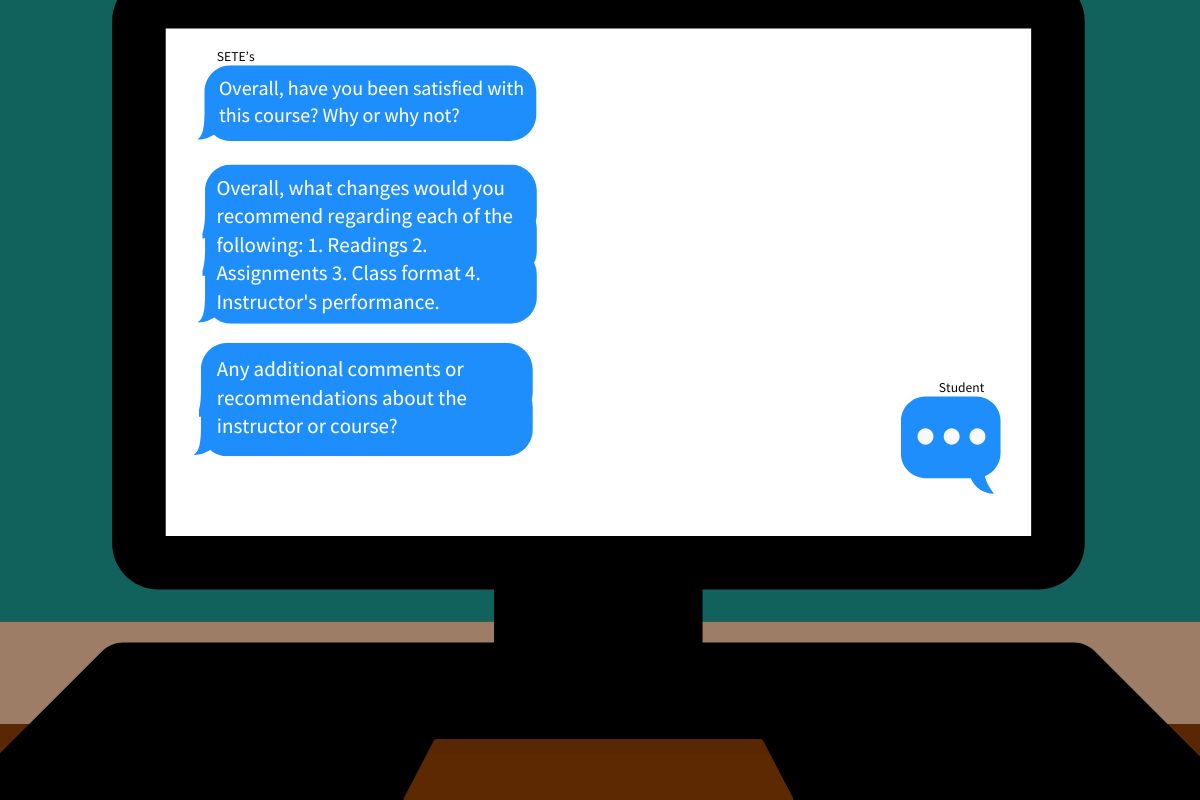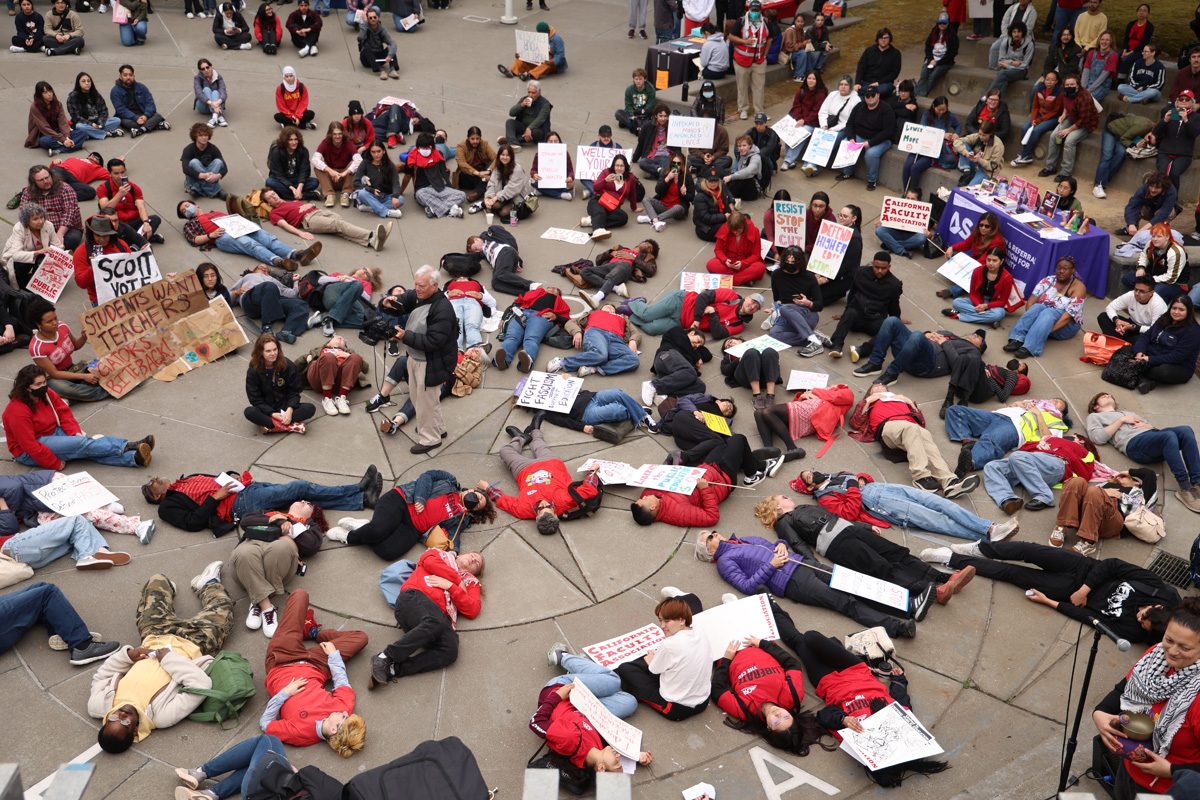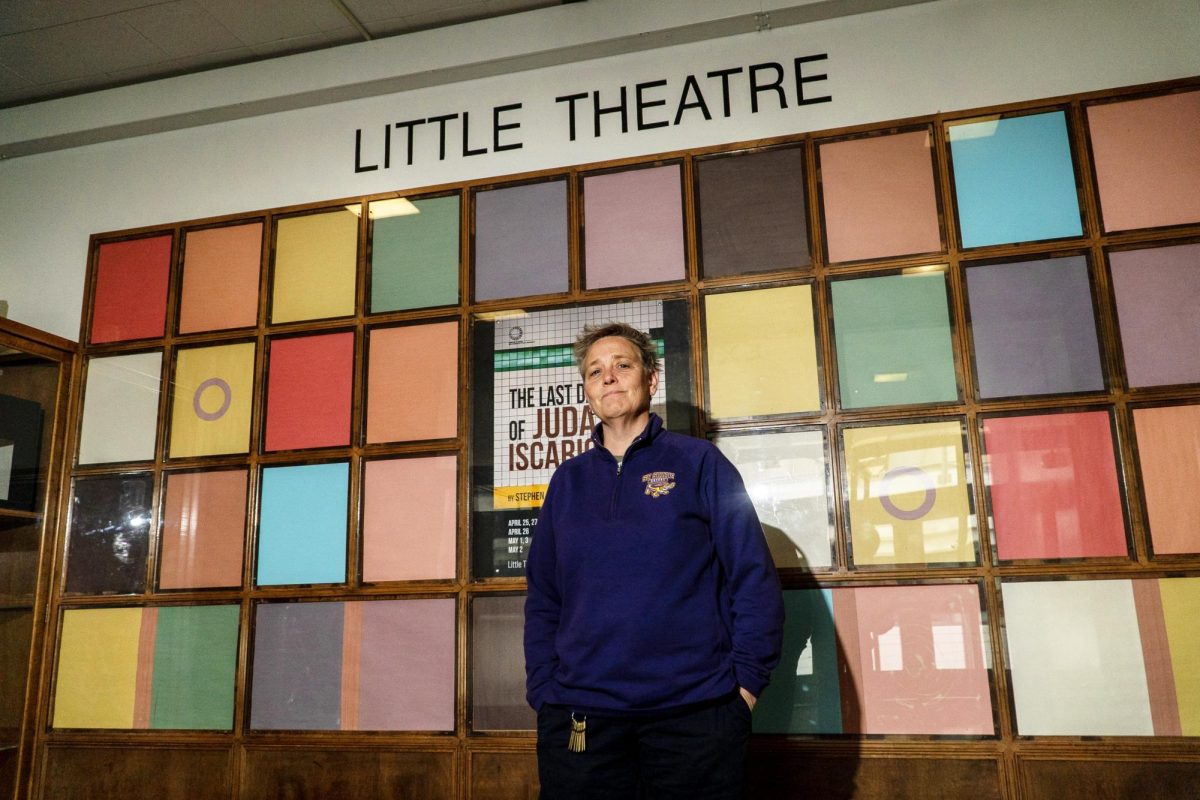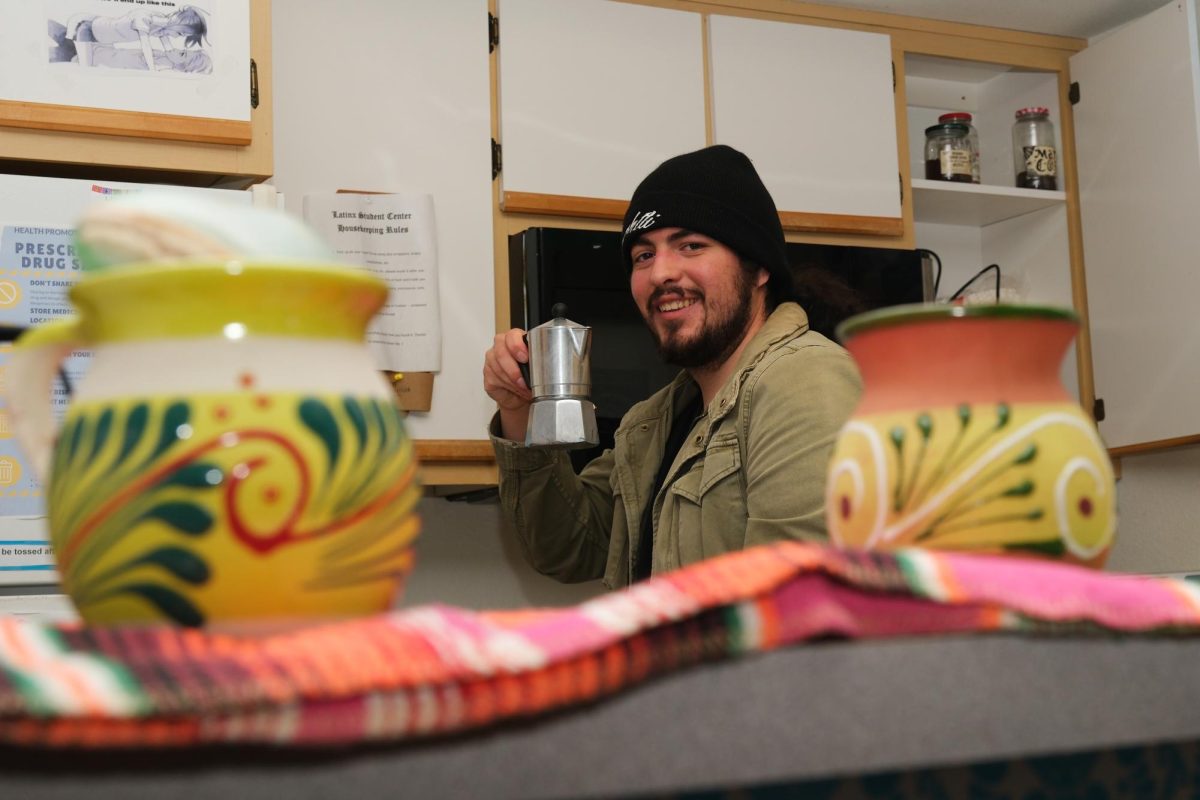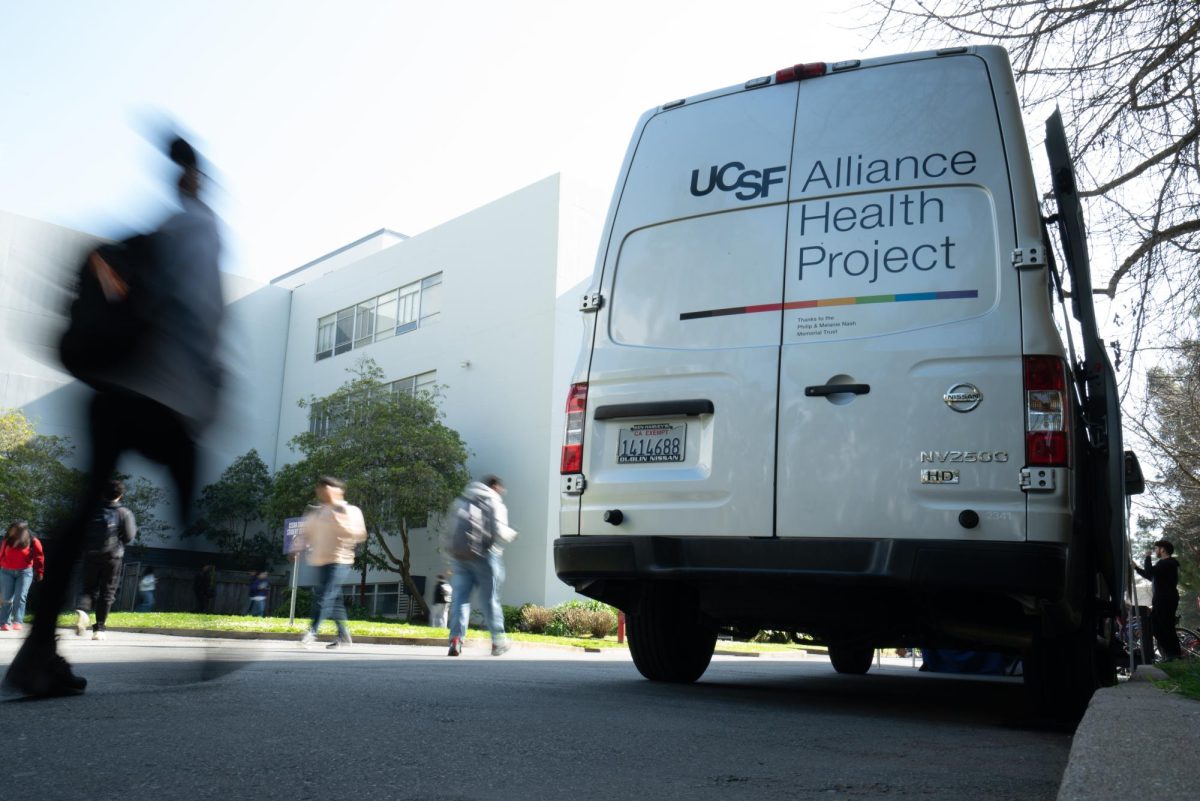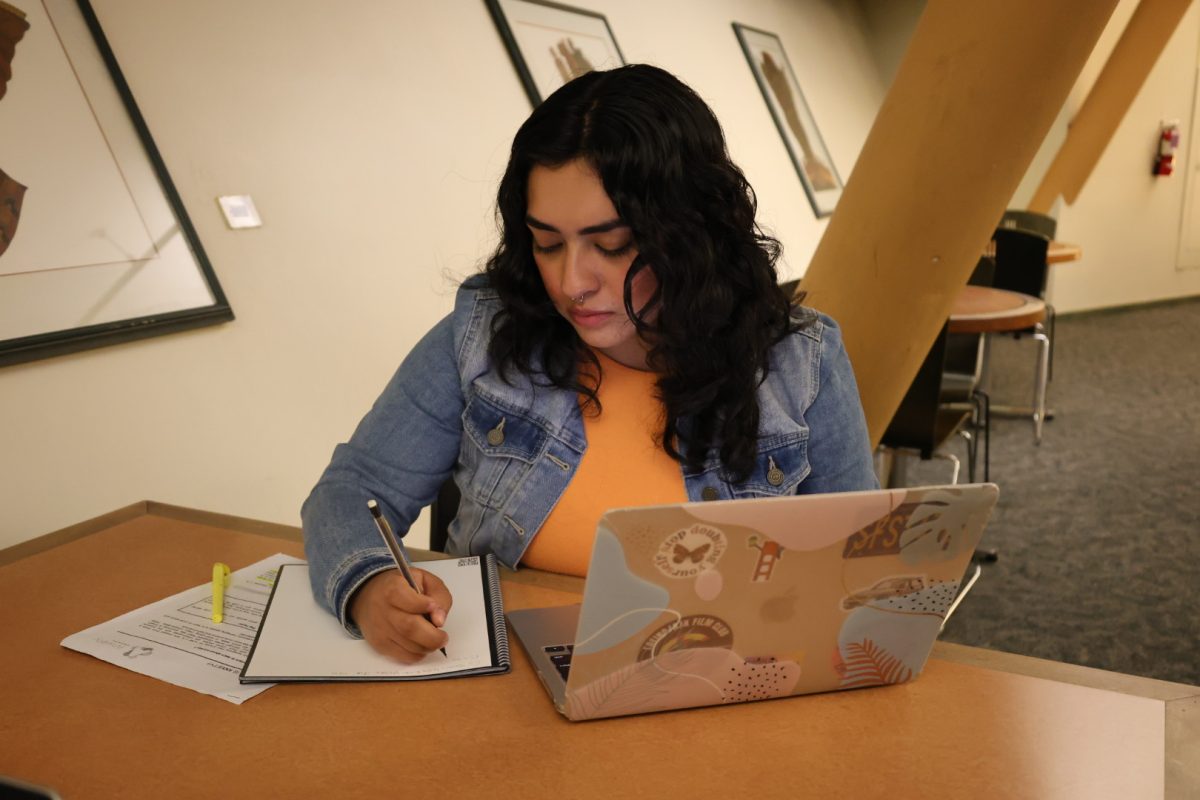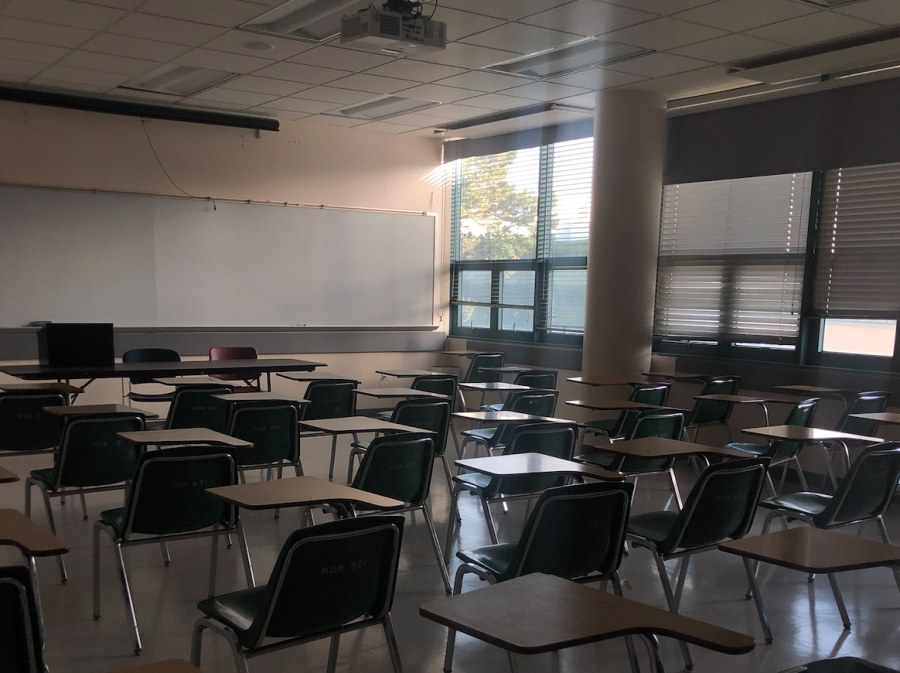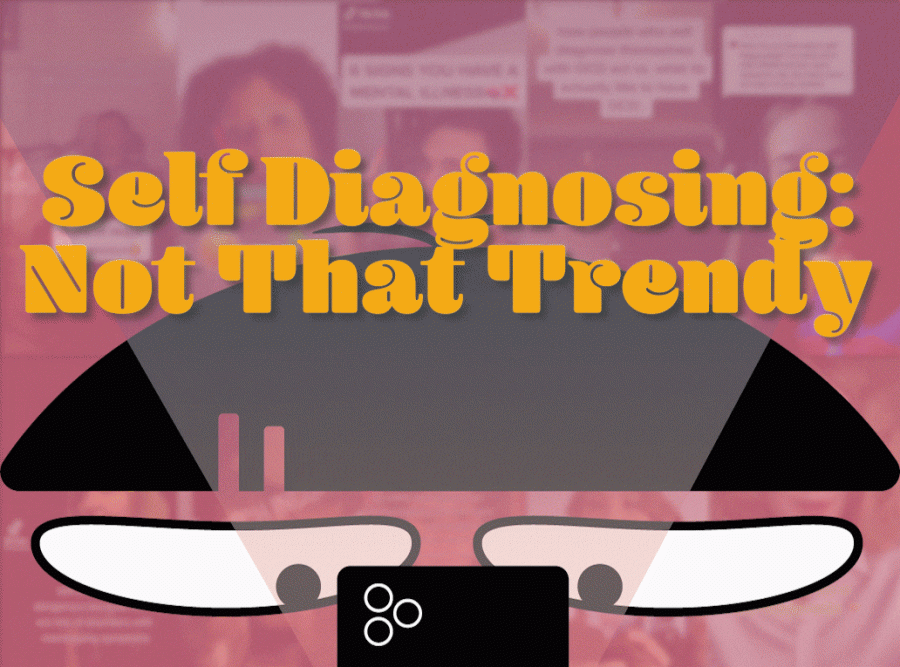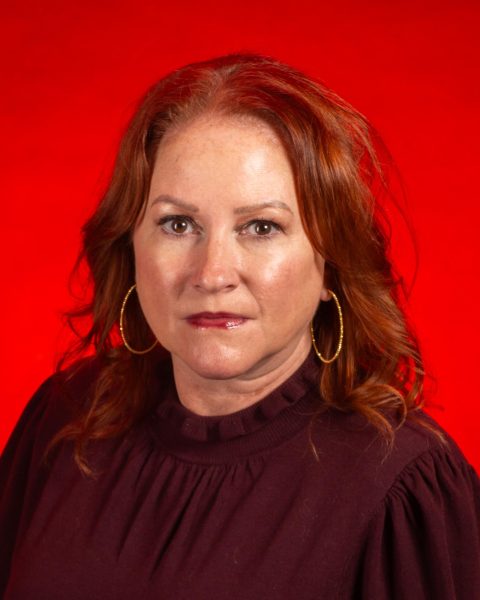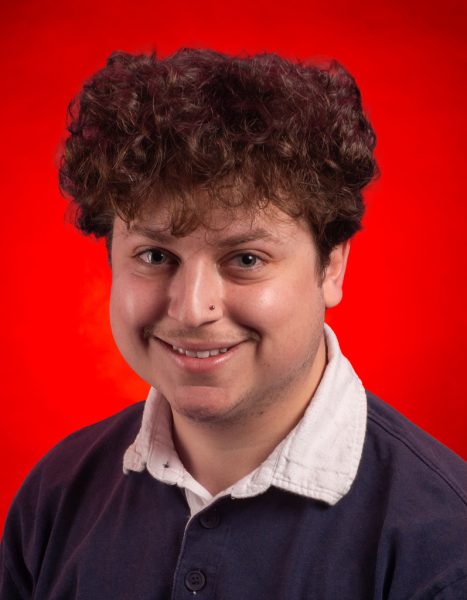Anxiety and depression are two formidable opponents plaguing the lives of many college students all over the country, leaving behind a trail of stressed and overwhelmed minds. As the pressure to excel is only intensifying, a distressing reality prevails: our campuses are battling a mental health crisis, and the available resources to combat it are significantly inadequate—especially here at SF State.
Last semester, SF State students conducted a walkout in response to the dismissal of faculty demands for higher wages, among many other important requests. One of the ongoing points of contention surrounds mental health resources on campus—or rather, the lack thereof.
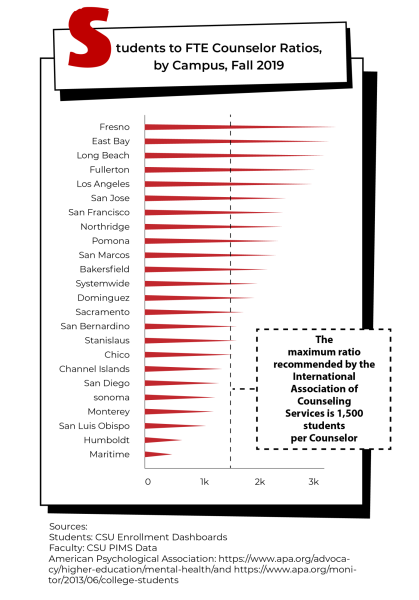
“We have 23,000 students and nine counselors—three are part-time,” said Karla Castillo, CFA Counselors Committee co-chair and tenured counselor at SF State’s Counseling and Psychological Services. “In the CFA Tentative Agreement, we are asking for one counselor for every 1,500 students.”
According to a September 2020 report by the UCLA Center for Health Policy Research, overall rates of serious psychological distress among adults rose 41.6%—from 7.7% to 10.9%—from 2014 to 2018, with 18 to 24-year-olds being disproportionately affected. Studies attribute this distress to many factors, including relationships, academics, lack of resources and one’s environment
The Spring 2022 summary of the American College Health Association-National College Health Assessment found that 35.7% of college students received mental health services. Of that, 42.8% received those services on campus. CSU campuses are currently extremely limited in resources; for every 1,900 students, there is only one mental health professional. Internal struggles such as anxiety and depression that go untreated can further develop into drug dependence, self-harm or even suicide. The rate of suicide among college students is currently 17%.
“The timeframe for suicidality is associated with health problems like depression, and it waxes and wanes,” said Stephen Brock, psychology professor at Sacramento State. “Sometimes things are worse than others […] and sometimes they’re so bad that you actually begin to think about acting on your thoughts.”
First-year student Mollie Dyer feels that students are stressed, especially right now, and are not being properly informed about the campus services that are available to them.
“I don’t know how to get an appointment or how long that takes,” said Dyer. “With school, the strike and the raise in tuition, it’s stressful.”
Marie Drennan, associate professor of Broadcast and Electronic Communication Arts and communications chair for the California Faculty Association, said that professors also link diminishing mental health to workload.
“Without adequate mental health support on campus, guess who the students come to when they’re in crisis,” Drennan said. “We want all that—we want our students to feel safe to come to us, to trust us—and we want to be there for our students, but we are not trained professionals.”
The problem has become so intense that some faculty members are staying in their offices as late as midnight trying to be available to students in need.
“Over the years, we get fewer and fewer counselors and more and more students in crisis […] it’s gotten so out of control.” said Drennan.
Diego Ramirez, another first-year student, has expressed similar grievances as Dyer.
“There is not that much public information out there,” said Ramirez. “It’s not well-known what’s available.”
Drennan emphasized that there is an obvious mental health crisis among SF State students. Students are feeling the brunt of the pain, but faculty is also hurting seeing that they can’t do much to help. Oftentimes, students reach out to faculty for support but unfortunately, they do not have the training to adequately help solve their problems.
“As faculty, we are very, very concerned about the crisis in mental health, so we decided that it was a very high priority in bargaining,” said Drennan. “We don’t bargain for things that just benefit us—but this does benefit us.”
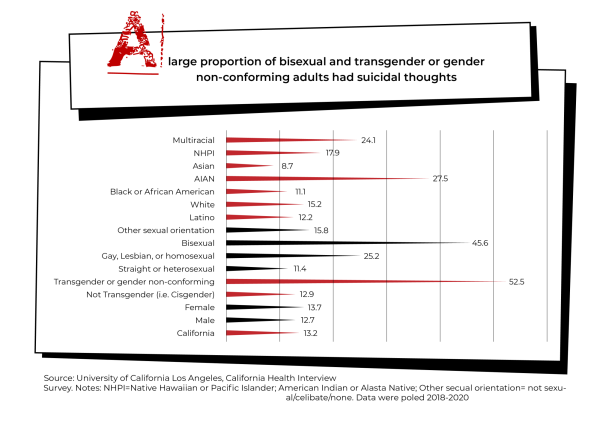
Castillo highlights the urgency for more counselors given the disproportionate ratio. Last December, there were over 100 students on the waitlist to receive counseling appointments. According to CAPS director Stephen Chen, that list included students who wanted appointments for the new year.
“Part of that list were students who had already been contacted and said, ‘This is Nov. 25; at this point, you know what? I’m interested in counseling but I’m not going to be able to meet with you this semester. Can I meet with you in January?’ ” said Chen.
There are currently a few options for seeking mental health care on campus. One is via the Health Promotion & Wellness Center, where the nine counselors can be found. Students receive six free sessions per year. Students in need of medication also have the option to see a psychiatrist at the Student Health Center, but should first visit CAPS for consultation in room 205 of the Student Services Building. The two often partner together to help students.
Rick Nizzardini, a Residential Life clinical counselor, has noticed that students who use services from CAPS exhibit strong feelings of anxiety, depression and academic stress.
“I started working here 19 years ago and the issues have shifted a lot. There is a much higher level of crisis now,” Nizzardini said. “Students experience multiple mental health issues, including suicidality. There are many more diagnoses on the spectrum such as autism. These issues require a team of advisors.”
According to Nizzardini, some students just don’t know what is happening to them.
“Students show up with more limited capacity to understand their feelings,” Nizzardini said. “What leads students in crisis is a limited capacity to manage their feelings and communicate about them. This leads to hopelessness and thoughts of suicide.”
CFA’s TA was ratified in mid-February, but it remains to be seen whether the union is on board with the agreed-upon terms.
“We are not happy about the aspirational language in the TA,” said Nizzardini. “There is a need for more direct counseling. We need more counseling.”
Correction: CAPS offers six free counseling sessions per year; a previous version of this story stated that they offer five.
Update: The building and room number where CAPS can be found have been added.



